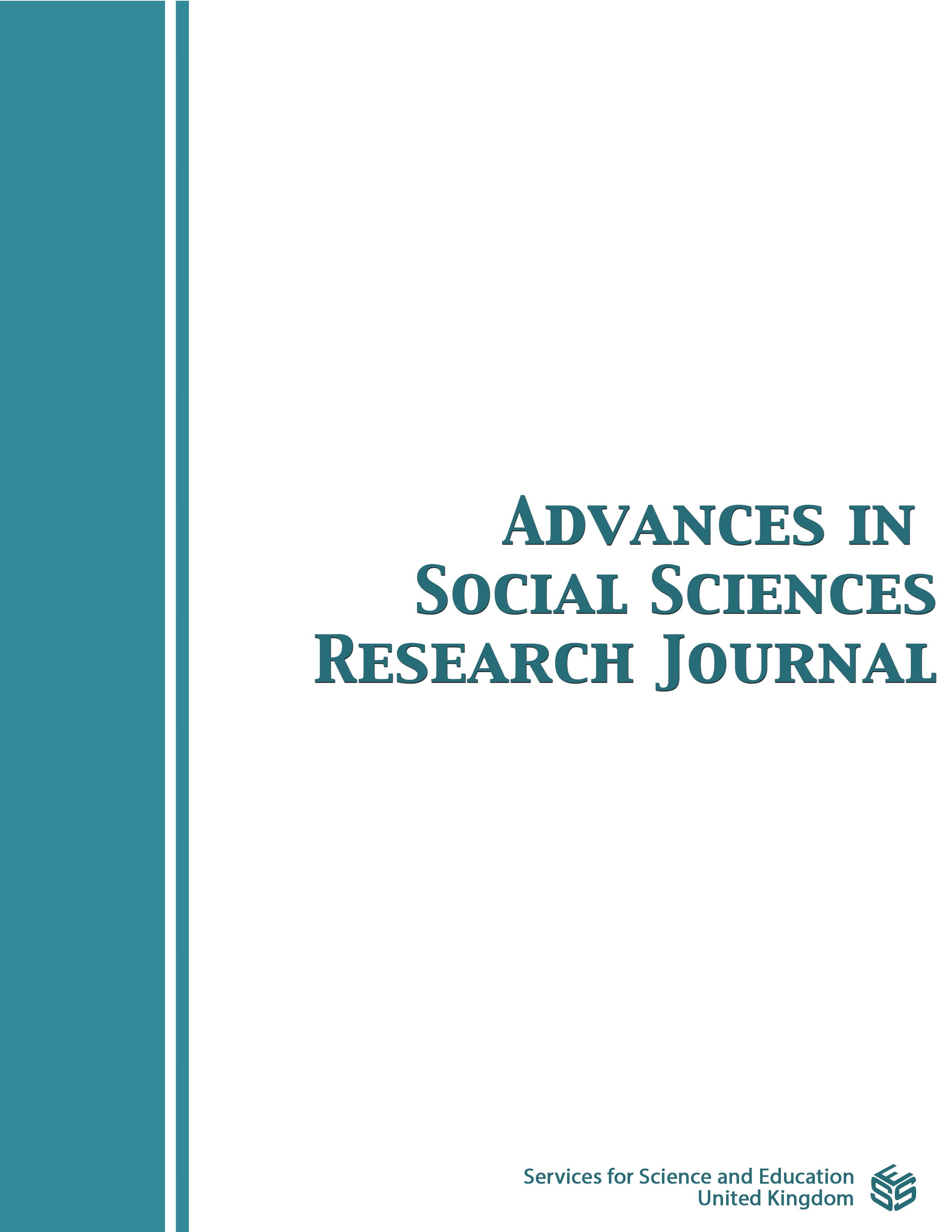A Proposed Model of Perceived Support and Entrepreneurial Intentions with Theory of Planned Behavior as Mediator; Case of Omani Youth
DOI:
https://doi.org/10.14738/assrj.912.13477Abstract
Entrepreneurship intentions among youngsters is a topic of interest in research due to its relevance in understanding the entrepreneurship phenomenon. The current study extends the understanding of entrepreneurship intention by combining the two models namely the Theory of Planned Behavior and the Perceived Support Model. The study is based on a proposed model utilizing the Theory of Planned Behavior components as a mediator between the relationship of the perceived support model and entrepreneurship intention among Omani youngsters. Data collection is based on a cross-sectional survey-based method (n=662) and the analysis is based on AMOS software and consists of two stages. The first stage included testing the reliability and the validity by performing the Confirmatory Factor Analysis and the mediation analysis is performed in the second stage. The results indicate that between the relationship of the perceived support model and the entrepreneurship intention, attitude significantly mediates perceived educational support (β=-.014, P<.05); and perceived structural support (β=.021, P<.05). The relationship of perceived structural support influencing entrepreneurship and mediated by perceived structural support is also significant (β=.019, P<.05). Similarly, perceived behavioral control significantly mediate between perceived structural support (β=.028, P<.05) and entrepreneurship intention. Whereas, the other proposed relationships turned out to be insignificant. Thus, overall, we found partial support for the mediation model. The study recommends that for entrepreneurship intention to be promoted among youngsters, there should be a greater focus on perceived educational support and perceived structural support.
Downloads
Published
How to Cite
Issue
Section
License
Copyright (c) 2022 Muhammad Tahir, Mohammed Kutpudeen, Buthania Saif Hamood Al Fahdi, Ahlam Eid Ghashim Hashim Al-Arini, Shuhd Ibrahim Said Al Wardi

This work is licensed under a Creative Commons Attribution 4.0 International License.
Authors wishing to include figures, tables, or text passages that have already been published elsewhere are required to obtain permission from the copyright owner(s) for both the print and online format and to include evidence that such permission has been granted when submitting their papers. Any material received without such evidence will be assumed to originate from the authors.






